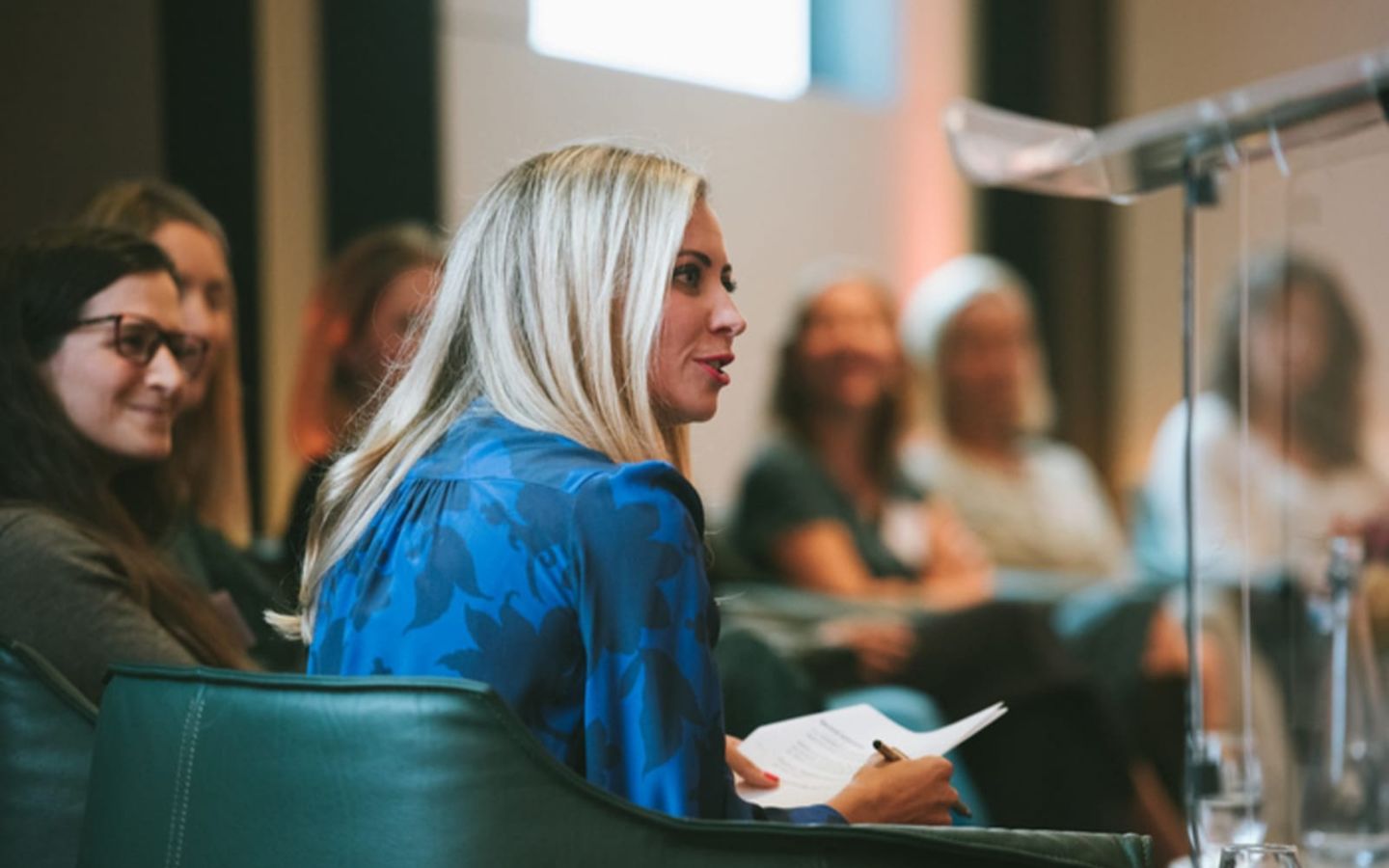Top tips on building a responsible business from seven successful women
It was really insightful to chair a panel with seven business women who are addressing some of the world’s most pressing issues – from human trafficking and modern slavery all the way through to antibiotic delivery, tackling mental health, cutting CO2 emissions and diverting food-waste.
The discussion centred around how women entrepreneurs can build global impact ventures, divert capital towards purpose and overcome the barriers of securing investments as a female founder. Despite working across a broad range of industries at different points in their careers, the panellists all shared a strong belief that business should be a force for good. We covered a lot of ground in the space of an hour and the audience of investors, entrepreneurs and philanthropists added wonderful insight to the conversation!
From Rubies in the Rubble, a condiment company tackling the terrible statistic that one third of all food in the UK is wasted, to Beulah, an ethical fashion label that is tackling modern slavery and human trafficking and beyond – here were some of the top tips and insights I picked up from the discussion.
Top tips on building a responsible business
When pitching your business, tweak your messaging to appeal to each individual investor. Are they more interested in the market proposition, the philanthropy of the project or do they have a personal connection to the problem you’re trying to solve? Develop your pitch accordingly!
Find ways to highlight the big-picture, societal issue that your business is addressing without losing the consumer message or the need for a top-notch, high-quality product. If you want to scale, it needs to be consumer-led.
In the digital age, don’t underestimate the importance of building connections, communities and creating genuine dialogue with your customers. This should always be at the forefront of the picture and your channels of commerce and communications should come second.
Back yourself and don’t be embarrassed when it comes to fundraising. Remember that investing is an opportunity for people to get involved in your brilliant idea, not a charitable act or donation. All of the women agreed this was a big learning lesson. As Sarah from Mush (a digital community for new mums) wondered out loud, would a panel of men have experienced this sort of apprehension or self-doubt?
When you need to articulate some of the more complicated elements of your business to a stakeholder, ask yourself - how would you explain it to your parents or children? It’s important to engage with people based on their level of involvement if you want to spark genuine interest.
On the same day that the Secretary-General of the United Nations, António Guterres, vowed to fight harder for gender equality, it was inspiring to speak with a group of women who are not only addressing gender inequality in the corporate world, but using business to make the world a better place for everybody.





